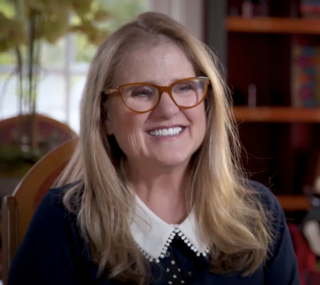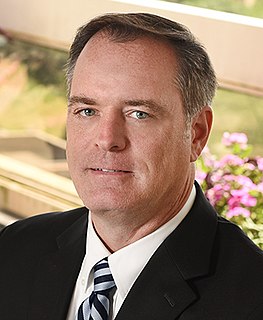A Quote by Oliver Tambo
The true facts are not always obvious. They often have to be looked for.
Related Quotes
Many, and I think the determining, constitutive facts remain outside the reach of the operational concept. And by virtue of this limitation this methodological injunction against transitive concepts which might show the facts in their true light and call them by their true name the descriptive analysis of the facts blocks the apprehension of facts and becomes an element of the ideology that sustains the facts. Proclaiming the existing social reality as its own norm, this sociology fortifies in the individuals the "faithless faith" in the reality whose victims they are.
Truths emerge from facts, but they dip forward into facts again and add to them; which facts again create or reveal new truth (the word is indifferent) and so on indefinitely. The 'facts' themselves meanwhile are not true. They simply are. Truth is the function of the beliefs that start and terminate among them.
I am an idealist. I often feel I would like to be an artist in an ivory tower. Yet it is imperative that I speak to people, so I must desert that ivory tower. To do this, I am a journalist - a photojournalist. But I am always torn between the attitude of the journalist, who is a recorder of facts, and the artist, who is often necessarily at odds with the facts. My principle concern is for honesty, above all honesty with myself.
An old Arabian fable tells of a prince imprisoned in a castle which had thirteen windows. Twelve of these windows overlooked lovely scenes, while the thirteenth looked down on the black ash heaps of the city. Ignoring the twelve windows, the prince always looked out through the thirteenth. It is so often true that whether a person carries with him an atmosphere of gloom and depression or one of confidence and courage depends on his individual outlook.


































